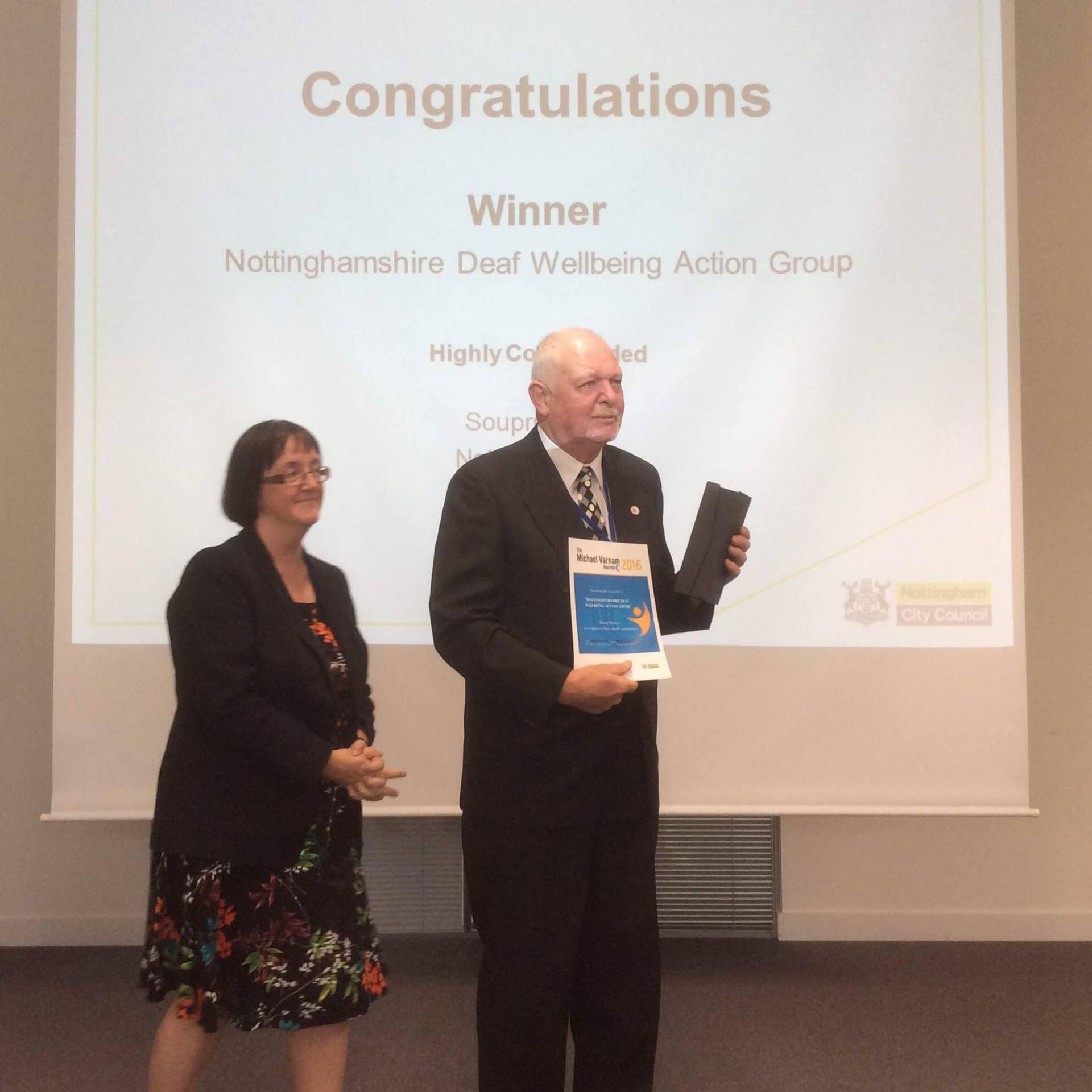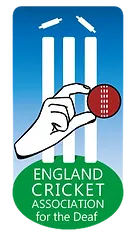About ECAD
History Snapshot
- 2003 inauguration of ECAD with John Major as Patron of "British Cricketers with Disabilities (BCD)" and ECAD as a stakeholder of BCD
- 2004 Deaf Ashes tour in Australia
- 2005 Deaf World Cup in India
- 2006 Pakistan tour in England
- 2008 Deaf Ashes in England
- 2009 MoU signed between ECB and ECAD to hand over control of the national team
- 2010 onwards - domestic tournaments found in Play Cricket and Derby indoor cricket
- 2021 Deaf players are selected to join the ECB Disability Premier League
The England Cricket Association for The Deaf (and Hard of hearing), ECAD was formed in 2003, and became affiliated to the British Association for Cricketers with Disabilities (BACD). An ECAD representative participates in the England Cricket Board Disability Management Committee, working closely with the National Governing Body and its dedicated manager for cricketers with disabilities.
1988 - 2003 Great Britain
Deaf cricket started out as a Great Britain team in 1988, with a trip to the West Indies by a squad of 15 players, to play some matches against local teams.
The mainstream cricketing relationship with Australia was reciprocated when the 'Deaf Ashes' was started with a Great Britain Test series tour of Australia in 1991, with the host dominating with a 4-0 win. Britain had the chance to reply to Australia by hosting the next series in 1994, however, the holders maintained their grip on the trophy, winning 2 - 0.
The inaugural Deaf World Cup was hosted by Australia in Melbourne, (January 1996 ) featuring teams from Pakistan, New Zealand, India, South Africa, Sri Lanka, the host nation and Great Britain. The British side reached the final, reaching 261 off their allocated 50 overs before losing by 5 wickets to Australia.
In 2000, the second World Cup was due to be held in South Africa, however was called off three weeks before, due to financial and administrative difficulties of the organisers in South Africa.
2003 - England Cricket Association for the Deaf
The England Cricket Association for the Deaf was formed in early 2003 by Michael O’Mahony, building upon the good work initiated by Les Townend with the England and Wales Cricket Board. Mike picked up the challenge as many players lamented the absence of a structured approach to Deaf cricket and talented cricketers like Umesh Valjee and Stephen George were denied the opportunity to perform on the international stage. These efforts were supported by Martin Redshaw and Chris Weinmann who gave up a lot of time to form the Executive Committee as Treasurer and Secretary respectively.
Previously, the cricket in England had been under the remit of the British Deaf Sports Council, however, this arrangement was felt to be unsatisfactory due to the governance of the sport by a national body responsible for a lot of different sports. Deaf cricketers did not wish to be “a small cog in a big wheel”. That is not to suggest that the BDSC did not promote Cricket. Indeed, the BDSC were responsible for the start of cricket into Deaf sport and promoting the Ashes tours in 1991 and 1994, as well as supporting the first deaf world cup in 1996 and the aborted Deaf World Cup planned for 2000 in South Africa. Many thanks must be extended to those involved in organising those trips.
The ECB and the BACD – (British Association for Cricketers with Disabilities) both acknowledged the need for a structured approach to the way in which cricket is played by people with different types of disabilities. It has taken time to raise the profile of Deaf Cricket in these organisations, and it is something that together we will continue to build upon. The ECB were keen to support a Deaf cricket set up as part of the ECB equity programme for all disabilities including the Blind and people with physical and learning difficulties.
In January 2004, an England Deaf Cricket Team went to Australia losing a closely fought three match test series by one - nil, and the One Day Series 5 – 0.
November 2006 saw the Second Deaf World Cup take place in Lucknow in India featuring teams from Pakistan, New Zealand, Australia, South Africa, Sri Lanka, the host nation, Nepal and Bangladesh and England. England once again reached the final after beating Australia in the Semi Finals only to lose to the host nation, India.

Hall of Fame
The purpose of the Hall Of Fame is to honour, preserve and perpetuate the names, deeds and records of those, living and dead, who by achievement or service, have brought lasting fame and honour to Cricket for England Deaf and to themselves through their outstanding accomplishments.
Election of new members to the Hall of Fame is solely the responsibility of the ECAD Chair. Any person may nominate any contributor or player simply by writing to the Chair. The only limitation is that a player or a coach must be retired.
John Leslie Townend
To Launch the new Hall Of Fame, the ECAD Committee agreed that John Leslie Townend should be a worthy first entrant into the England Cricket for the Deaf Hall of Fame.
John was born at 10.30pm on 23rd August 1947, at 12lbs 10oz. He is an only child who went deaf at 11 months old due to meningitis. he attended a boarding deaf school in Leeds from the age of 4 till he was 16. He enjoyed his school life because of the opportunities to take part in good quality Football, Cricket and Athletics.
His Grandfather worked at a sport club and he took John along when he was 12 years old. There, an ex professional cricketer taught John how to bat and bowl.
